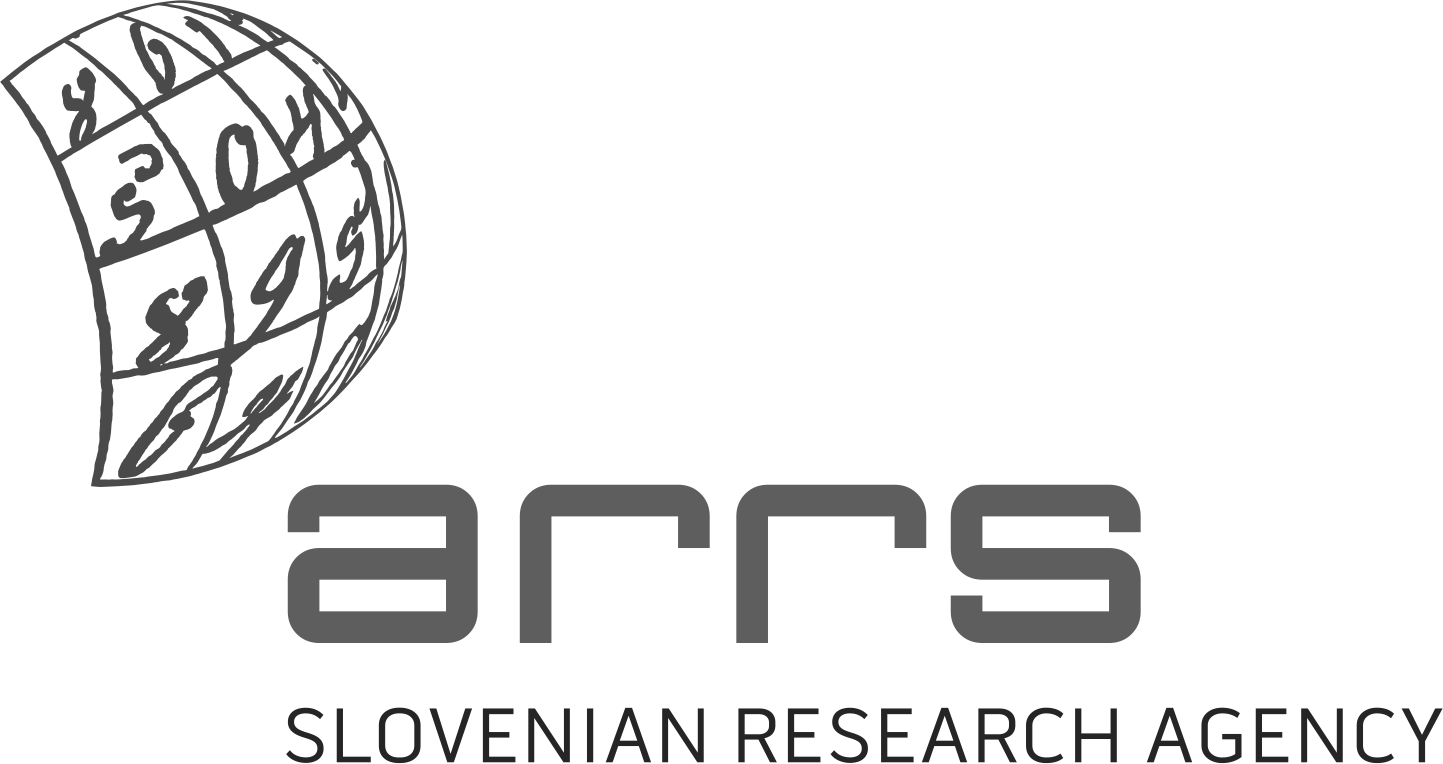Global awareness is growing on the harmful effects of microplastics in water, which is permeating into our everyday lives. Recent studies report that plastic is the prevalent component in marine litter sampled in the Mediterranean area [1], further showing that 83 % of plastic items in collected samples are microplastics [2]. Research has also shown that 36 % of global microplastic pollution comes from laundering clothes [3]. However, legislative bodies have been slower to adapt to the alarming issue of microplastic pollution, as shown by the fact that there is currently no legislation in the EU that covers microplastics in a comprehensive manner, as well as no policy or incentives for enterprises to act towards reducing their microplastics discharge [4]. Conversely, examples of government microplastics legislation can be seen in cases such as California (USA), which established a statewide program on microplastic pollution pathway intervention [5]. Among the measures put into legislation are the world’s first requirements for testing microplastics in drinking water sources, meaning that water providers will be ordered to conduct quarterly testing from 2023 onward [6].
This study presents a novel approach of combining expertise on effectiveness of microplastic filtration technology in wastewater treatment plants (WWTPs) and knowledge on regulation and policy implementation. Modelling tools are used to assess the utility of a microplastic filtration device for WWTPs based on different scenarios, which include scaling up of the technology to an entire system of WWTPs across the country of Slovenia. Modelling results provide insight into the potential reduction of microplastic pollution and water savings extrapolated across a whole country’s water system, which presents critical data for the adoption of legislative measures. Support of no-regret policy measures within WWTPs [7] is crucial as it will allow for released microplastics to be stopped at the water source.


